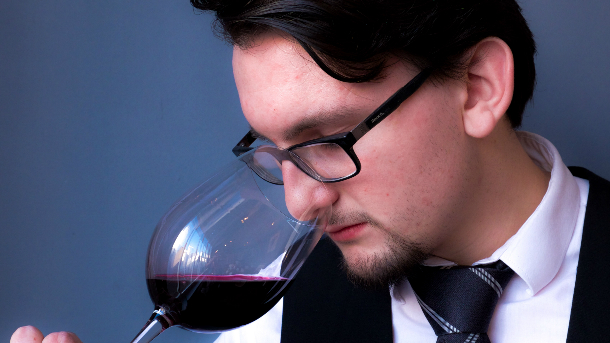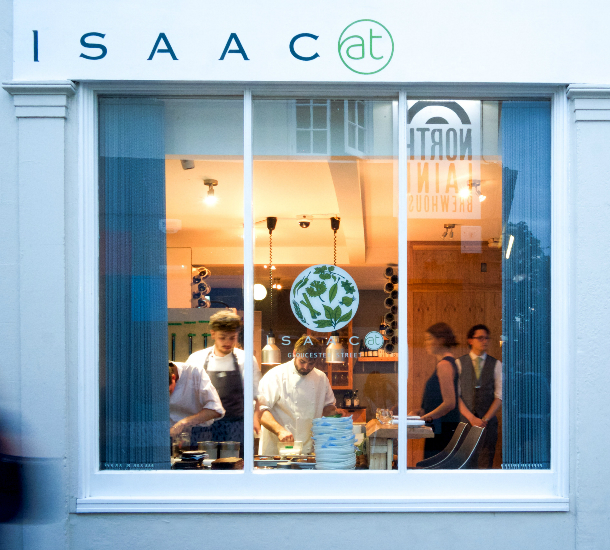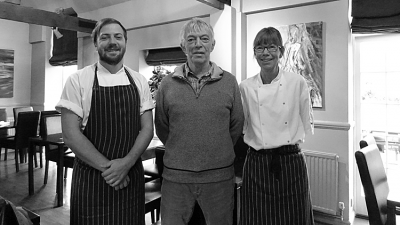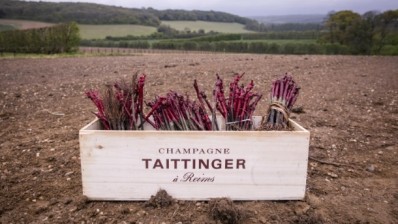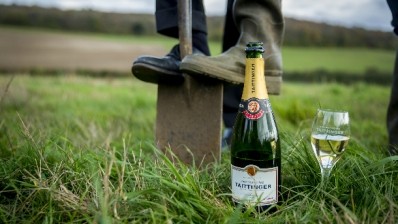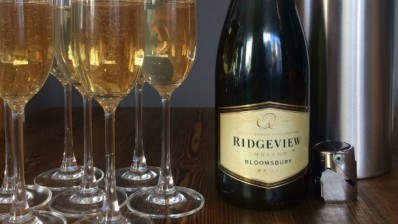“Sussex isn’t the ‘new Champagne’…it’s better”
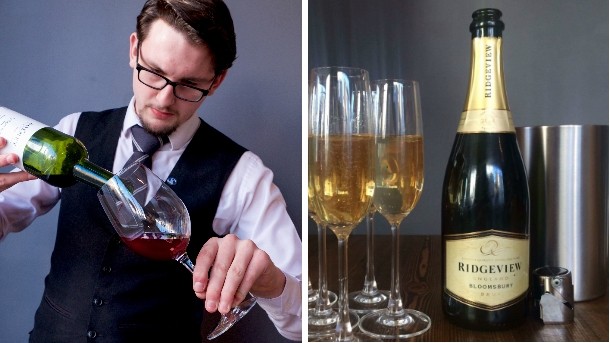
Why does your restaurant offer an exclusively English wine list (16 in total, across sparkling, white, red and rosé)?
We locally source all of our food, so it's only fair that we do that for our wine and drinks too. It would be hypocritical otherwise.
Your wine isn’t just English though, it’s also purely from Sussex?
Yes, and there’s so much variety going on even just here. For example, as you go further East, the wine is less chalky.
Your career as a sommelier started at South Lodge Hotel in Horsham, but you only focus on solely English wines at At Isaac. What would you say sommeliers need to know about English wine in general?
The English wine trade is shifting gears, and now is the best time to put more English wines on your menu. People mknow about the sparkling, but the whites are sharp, citrussy, with elderflower, and passionfruit. English reds are low-tannin and fruity; they don’t punch you in the face. On the sparkling side, such as Ridgeview and Nyetimber, they are crisp and apple-y.
How do you bear that in mind when creating a wine flight?
Our dishes steer away from traditionally French techniques, and we've found that when you're cooking dishes inspired by the local area, the wines just naturally fit. For example, we had a lamb dish with a light jus rather than a heavy red wine sauce, so the English red that we pair alongside is not ‘traditionally big’.
("The English red that we pair alongside is not ‘traditionally big’"/Photo: Isaac At)
Do you get any resistance from customers?
Yes, but usually we can get them to try it. People might ask for, say, a Sancerre, and then we have to explain. So then, they will ask...what's closest to a Sancerre? It’s a challenge! But, once we break down that barrier, we find they become the wines’ biggest fans. We had two people last night who had never had any English wines before, and they left with two new favourites. You'll never find a New World or French wine that tastes the same as one from the English south coast. We do see it as our job to guide people through that learning process.
Why do you think English wine is having a bit of a moment right now?
People know it exists! English wines have been around for a long time, since the 1960s and 1970s, but people have only just found out now. Sparkling is always going to be the 'hyped' variety, but there are so many great still ones too.
People talk about how Sussex is going to be the new Champagne…do you agree?
Sussex doesn’t rival Champagne, it trumps it. In blind tastings, English wines will come out on top. In terms of temperature and climate, we're now much cooler than northern France. Our grapes can stay on the vine a bit longer and develop a bit more flavour, but they are also a lot lighter overall. The English is fruitier, crisper, made to be drunk earlier, and easier to drink because of it.
English wine is really offering something unique then?
Yes, in terms of flavour - on the nose it's a bit hay-like, cream-cheesy, a bit farmyard-y, but on the palate it's fruity and sharp. It's about sommeliers being able to understand and serve it properly. I would advise sommeliers to visit a nearby vineyard and try it yourself.
Will English wines and English-only wine lists become more common?
Yes; in Brighton we’ve noticed it is definitely more common, and the English Royal family and Downing Street both use English sparkling wine as their official wine now too, I'm told!
(Photo: Isaac At, exterior-interior, Brighton)
